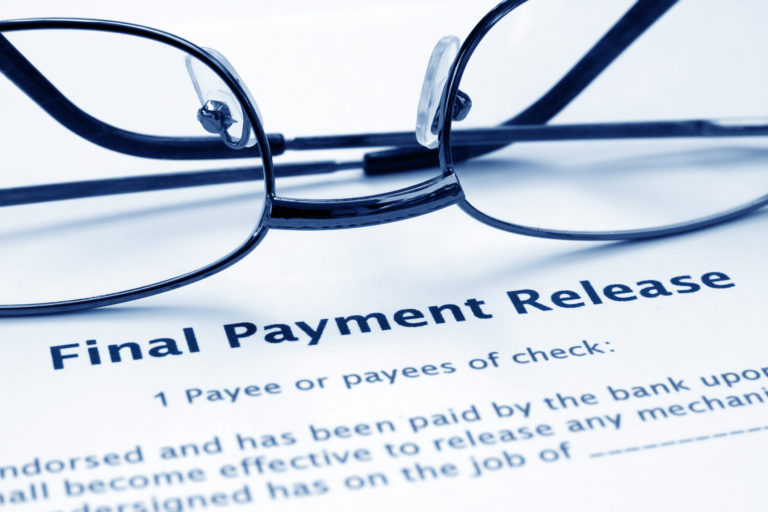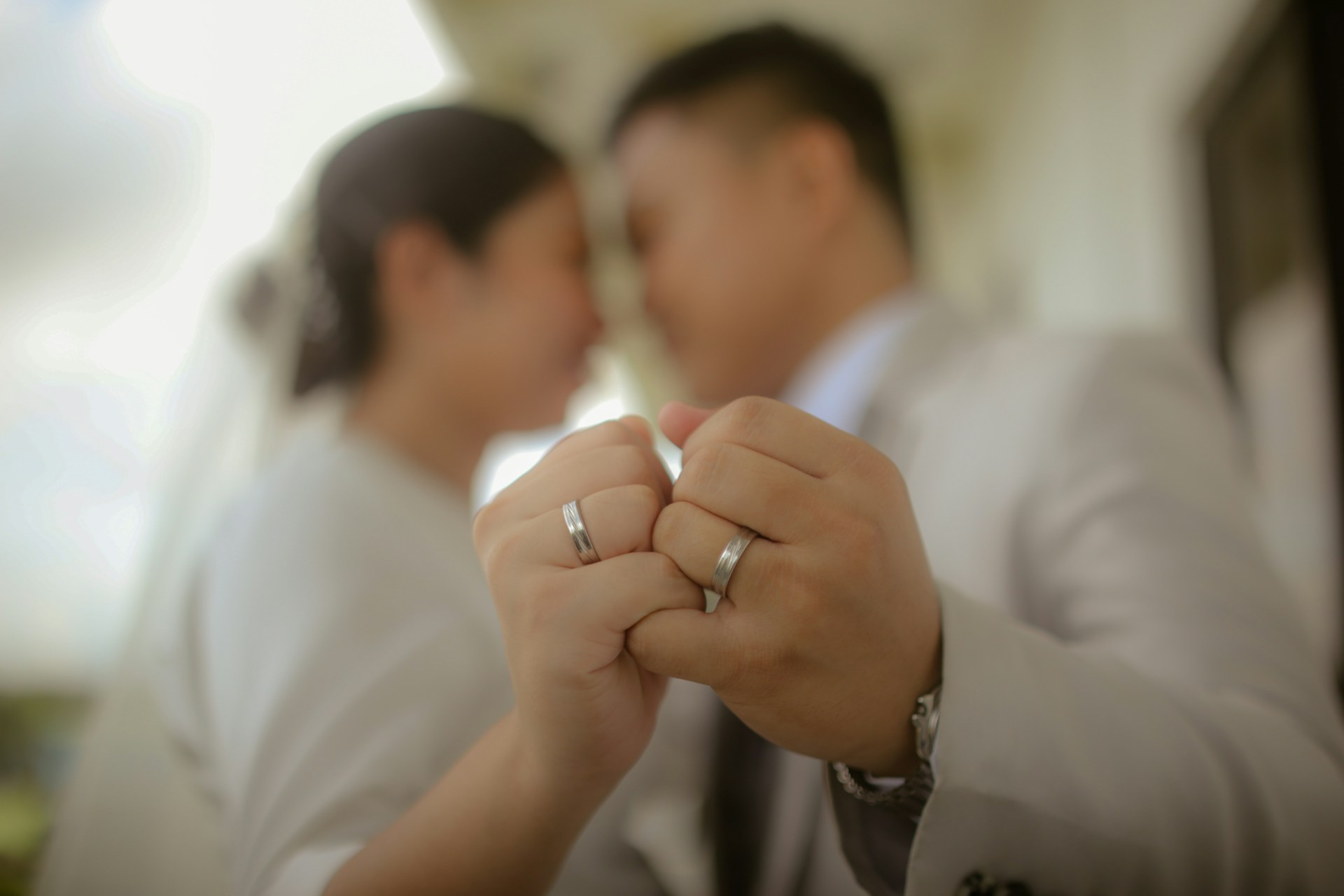Filing for bankruptcy can be a stressful and confusing time. Sometimes, it’s the uncertainty of your future that creates the most anxiety. Knowing what to expect up front can truly help alleviate some of that mental burden. You may not have to turn over all of your assets to satisfy your debts. There are assets protected by bankruptcy exemptions:
- In Nevada, you can protect up to $12,000 of household goods, furnishings, clothing, and personal items.
- Additionally, you can protect up to $15,000 of equity in one vehicle.
- Perhaps most importantly, you can protect up to $605,000 of equity in a primary residence or mobile home.
- Your retirement can also be protected; you may protect up to $605,000 in a qualified retirement plan such as an IRA or a 401k.
- And, you can protect much of your equipment, tools, and inventory used in a business or trade.
- Finally, in Nevada, there is a “wildcard” exemption of $10,000 that may be used for whatever personal property you’d like.

Hopefully reading that list alleviates some of the stress, as you don’t need to view bankruptcy as a process that will strip you of all your worldly goods and leave you on the street. That’s not what the process intends to do.
Arguably, one of the most beneficial reasons to file for bankruptcy is to discharge unsecured debts so you are no longer responsible to pay those to your creditors. At that point, creditors cannot attempt to collect debts from you anymore. Unsecured debts or “dischargeable” debts that can go away after the bankruptcy process is complete include:
- Credit Card Debt
- Unsecured Personal Loans
- Medical Bills
- Utility Bills
However, it must be noted that there are certain debts that are considered “non-dischargeable” which means, even if you file for bankruptcy, the debt will not go away. Some of these debts include:
- Student Loans
- Secured Loans (these are only discharged if you agree to surrender the secured property; but if you want to keep the property, the debt will remain.)
- Back child support and Alimony
- Fraudulent Debt
- Debts that aren’t listed on your bankruptcy petition
- Debts owed to government entities (i.e. taxes, fines, restitution in criminal cases)
- Death or Injury awards caused by driving while intoxicated
Of course, the process of determining what, exactly, can be discharged or not is a complex one, and it’s typically a great idea to consult with an experienced Nevada Bankruptcy Attorney to discuss what options may be best for you, moving forward.
Additional Issues/Questions
What is a bankruptcy discharge letter?
This is a term used to describe the court order that bankruptcy court mails out at the end of your case. The letter states that your qualifying debt has officially been wiped out. Typically, the court orders the discharge 60 days after the first 341 meeting of creditors. However, this process could be delayed if there is a creditor who successfully opposes the discharge.
The letter also prohibits creditors from attempting to collect the discharged debt, so if you had been harassed by creditors, they will not be legally allowed to do so anymore.
After you receive the discharge letter, keep it handy!

Will bankruptcy get rid of lawsuit judgments?
If a creditor has a judgment against you and the debt is dischargeable in a Chapter 7 Bankruptcy, filing for bankruptcy will get rid of that creditor’s ability to collect the debt from you. Judgments, however, create a lien on your property, and liens do not go away in bankruptcy automatically.
When a lien is attached to property such as your house, the creditor will get paid of the sales proceeds when you sell that property (such as your house.) You CAN file a motion to avoid the lien in your bankruptcy case, and it may be removed; this is something best discussed with an experienced attorney, as it’s a tricky area of bankruptcy law.
Tell me more about lien avoidance.
Provided that you did NOT give the creditor a consent judgment, you may be able to remove the lien from your property (such as your car, house, boat, etc.) To qualify for lien avoidance, you must prove the following three conditions: 1) the lien arouse from a money judgment issued against you (i.e. you did not consent to the lien as part of a settlement); 2) the have property equity that you can claim an exemption against; and 3) the judgment lien gets rid of some or all of the equity that you could have exempted.
Again, this process is complicated, and it is in your best interest to work with an experienced Bankruptcy Attorney who can look at the details of your unique case and help create a roadmap for you.





